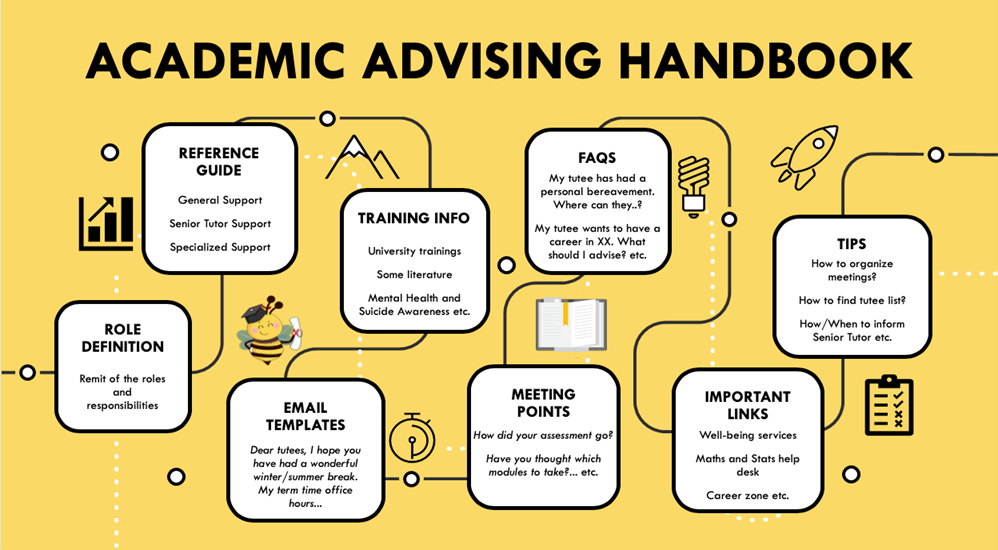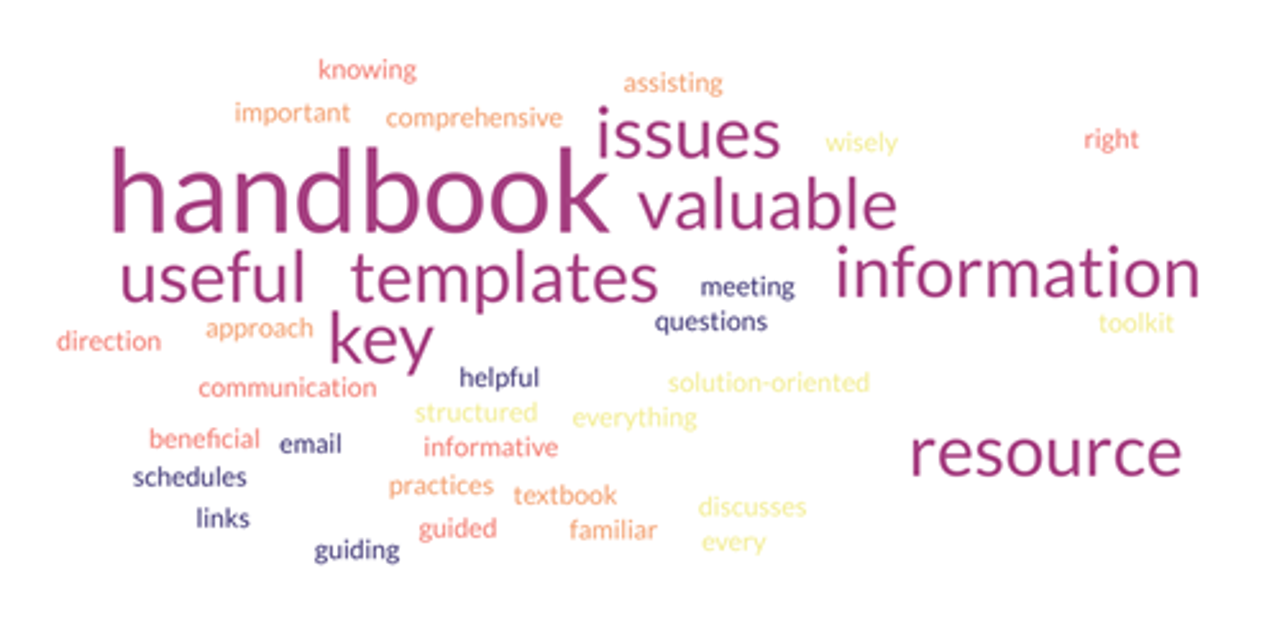introduction
Academic Advice refers to the process in which members of appointed staff provide students with academic signs, information signs, and other related non-academic forms of support, promoting success and improving the overall educational experience (improving the higher education experience (i.e., )Medernach, 2018).
Its role has long been recognized as important in supporting students.Smith et al, 2009; Young-Jones et al, 2013).
Although British and European practices appear similar on the foundations, the diverse nature of the student cohort suggests several different institutional priorities.
With these different approaches in mind, the University of Exeter presented a handbook for academic advisors in the Faculty of Economics. Here we share our experiences.
Examples of academic advice from the UK and Europe
A common theme among European and British universities is an active approach to academic advice for student success, but delivery varies with cultural and institutional differences.
In Europe, institutions such as Tubingen and Mannheim (Germany) provide student-specialized advice support tailored to the academic structure of each institution. Additionally, many European universities offer walk-in or scheduled appointments with professional learning advisors to ensure timely support.
in Tubingen School of Business and EconomicsAcademic Counselors guide students on course selection, exam preparation and career planning. Mannheim School of Economics Following a similar structure, it focuses on key program requirements for academic success.
In the Netherlands Utrecht School of Economics For example, you hire a “learning advisor” to help you develop your learning plans and academic skills.
While universities in Germany and the Netherlands often follow structured advisory methods, universities in the UK emphasize personalized one-on-one support through assigned advisors (Jennings, 2021).
In the UK, universities Oxford Brooks, bus and Warwickassign each student an academic advisor for academic advancement and personal development support.
Academic support includes guidance on module selection, academic performance and progression, while non-academic support includes referrals to student services such as the Wellbeing team. Many universities encourage regular advisor meetings to ensure continuous support throughout the school year – University of Manchester It’s one such example.
General challenges
Despite the different approaches between cultures, countries, and institutions, academic interventions are often required in all systems to enhance student experience. The frequency and nature of these interventions can present challenges to academic advisors on the best ways to address student needs.
Many scholars recognize that advice is perceived as a requirement for core jobs. However, as scholars struggle to balance advice, education and administrative responsibilities, a high student-to-staff ratio can exacerbate capacity and workload issues.Mikluscak, 2010).
This can have a knock-on effect of limiting the role of academic advice and staff engagement in online training at the university level (Rogerson et al, 2024). In fact, access to professional development and training is a major challenge that academic advisors often face. This can be particularly serious when universities are facing funding and resource constraints. Furthermore, general training is inadequate and cannot provide discipline-specific advice skills.
However, supporting academic advisors is important to ensure a robust academic experience, especially for under-sufficient and struggling students. To address these challenges, the University of Exeter’s Faculty of Economics has reformed its academic advice process to streamline workloads and provide professional support to colleagues.
Standardized Academic Advice
As discussed, high workloads can be challenging, but managing these effectively can help academic staff develop strong advisor-student relationships (McIntosh et al, 2022).
To support this point, we provided coordinated support within the University of Exeter School of Economics to streamline the role of academic advice from our colleagues. The central part of this includes the Academic Advisor (AA) Handbook for Staff.

Figure 1: Topics for various examples of AA Handbook
Figure 1 shows some of the important sections of the handbook. For example, it includes clear AA role descriptors and detailed guidelines for related responsibilities. Guidance is also provided to provide consistent answers to student FAQs.
Additionally, the handbook provides email templates for all your regular advisor check-in, including “before evaluation” and “after the exam results have occurred.”
Our goal in developing this resource was to provide a reference point to our colleagues for all queries related to the AA role. We set out to ensure consistency with departmental processes and improve the overall quality of student academics and pastoral care. I shared this handbook with my colleagues in physical and online formats, hosted it in departmental shared documents, and signed and posted new (and old) colleagues regularly to resources. The handbook is updated annually with changes to the institution’s policy, and the FAQ section is revised based on new student queries and regular student queries.
Ratings and Feedback
To assess the impact of staff support initiatives, we asked colleagues to provide feedback on the use of the handbook. One colleague calls it “a clear, thorough and useful handbook. A companion necessary for those who act in the role of a tutor.” Another said, “The FAQ section is extremely helpful in answering student questions.”
The following word cloud shows important feelings about the handbook:

Figure 2: Co-workers’ feedback on the two-year AA handbook
Additionally, there were several suggestions for future improvements, such as “more subcategories for typical questions to facilitate reference.”
Conclusion
The role of academic advisors is becoming increasingly important in universities, especially in response to growing student mental health concerns.
The introduction of the AA Handbook at the University of Exeter School of Economics has proven impact and will help fill existing gaps in staff support and resources.
The handbook reduced staff disruption by increasing the consistency and efficiency of the role of academic advisors and streamlining information flow. Given the diverse student community within UK universities and the calls for greater quality and consistency of academic and pastoral support, similar structured staff approaches can be applied to other institutions to improve the overall student experience.
fbq('consent', 'revoke'); fbq('init', '450484741821415'); fbq('set','agent','tmgoogletagmanager', '450484741821415'); fbq('track', "PageView");







